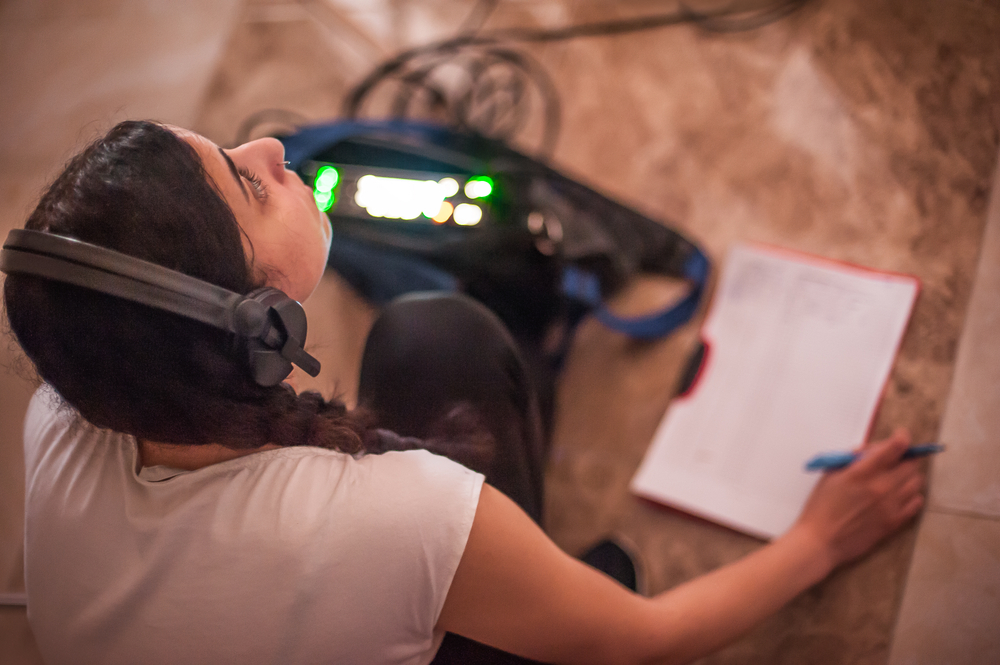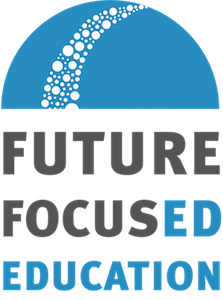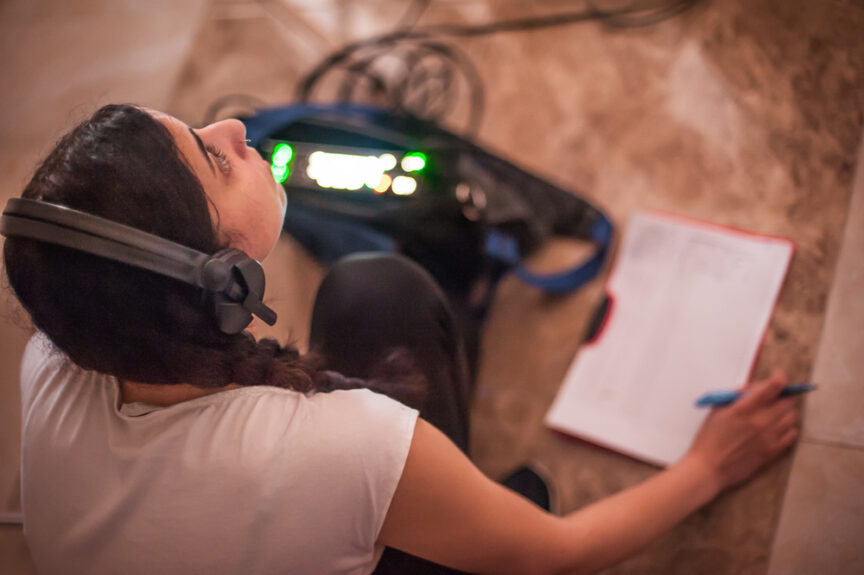What Should the Future of Assessment Look Like? And How Do We Get There?
By Harry Feder | Executive Director, FairTest

“When we become less worried about accountability to layers of governmental authority, and focus instead on accountability to students and communities, the nature of assessments will change.”
I taught for 22 years in New York City public schools. Among the classes I found most inspiring to teach was an elective called “The System”.
The students’ final project was a twenty-minute podcast. The class did not end in a standardized test, nor were there any administered during the course of the semester.
The kids were a cross section of New York City teens: Dominicans from Washington Heights, white kids from Park Slope, Bangladeshis from Jackson Heights, Black kids from Harlem. The first part of the semester we looked at philosophical concepts: What is “law”? What is “justice”? How should judges make decisions? Then we dived into the criminal justice system in all its technicalities and complexities, followed by a look at local lawmaking and politics.
The students got to pick a topic to research, then interview two experts for their podcast. They wrote a short paper explaining how the problem could be fixed. They presented to a small group and explained their process, decisions, and how they put together their podcast episode.
Some students focused on the proposed closing of Rikers Island (the NYC jail), others chose bail reform, Stop and Frisk policy, economic development, homelessness, or school integration. They got to pick based on their interest and what felt relevant to their lives, their families, and their communities. They interviewed local shopkeepers, activists, academics, and high-level city officials.
The podcasts were of varying quality, as is true of all student work. But all the students were excited and engaged. They produced deeply meaningful work. And they learned extensively how systems of government and policy actually function. They were engaged as democratic citizens.
This should be the future of assessment.
In New Mexico, I have seen some wonderful examples of performance assessment through capstone projects. At Zuni High School, for example, these projects look like traditional clothing design and construction, or the exploration of Zuni concepts of identity and self. These capstone projects show genuine interest in learning and productive work.
Why isn’t this form of assessment more widespread?
How Did We Get Here?
Any movement towards more progressive systems of public education and assessment was largely snuffed out by the federal mandates of No Child Left Behind (NCLB) in 2001.
Schools and districts had to show “adequate yearly progress” based on standardized test scores or face a host of punishment and remediation. This federally enforced accountability system left almost no room to develop and implement assessments that were authentic to student learning. All the time, space and teacher training in schools was geared towards standardized test-based accountability. Accountability was supposed to drive genuine reform and improve outcomes for marginalized communities. It did not.
After 15 years of experimentation, we were left with a narrow curriculum that stunted deeper learning in public schools and marginalized communities, and branded these schools as failures.
Thankfully, the punitive excesses of NCLB were somewhat mitigated through the Elementary and Secondary Schools Act (ESSA) of 2015. ESSA gave states more flexibility in using data and in engaging in school remediation, but still mandated testing in math, science, and reading at regular intervals, including annual testing in reading and math from grades 3-8.
ESSA did create some potential space for assessment innovation. The Innovative Assessment Demonstration Authority (IADA) was supposed to encourage states to try different things. But its rules on comparability and speed of scale are currently too restrictive to spur genuine reform.
Policy Change on the Horizon
At the federal level, Congressman Jamal Bowman of New York has introduced a bill worthy of support that would reduce the amount of federally mandated standardized testing and give states far more flexibility in designing and implementing assessments that align with modern educational goals, student needs, and teacher professionalism. Just by changing the definition of “comparability” to mean something other than a standardized testing paradigm, the bill would breathe new life into the IADA program.
Ultimately, ESSA will need to be reauthorized by Congress. Practitioners on the ground, local communities, and enlightened state officials need to muster the political capital to make sure schools are federally funded to equitize the inputs and resources for schools and students in marginalized communities.
We must also stay diligent to ensure the architecture of Test-and-Punish is dropped once and for all, and assessments that foster deeper learning and honor local cultural realities are incentivized. The federal testing footprint should be reduced to the kind of periodic checkup (in the manner of NAEP) that has no consequences for individual students.
FairTest is currently partnering with the National Education Association (NEA) to promote a new vision for assessment that goes beyond standardized testing, and to enlist teachers on the ground and policymakers in the push for reform. In May we hosted a webinar highlighting examples of quality performance assessments, including New Mexico, Colorado, Massachusetts and New York. We also convened expert panel discussions in Washington, D.C. discussing the characteristics of and conditions necessary for quality performance-based assessments and the role they can play in genuine accountability structures. FairTest and the NEA will continue this work in an effort to convince federal, state, and local policymakers to support assessment innovation by teachers and schools.
New Mexico’s change in the way students are allowed to demonstrate competency for graduation--through portfolios of work, career/technical pathways, or local innovative assessment through a community of practice--is one example of support for innovative practice. Others include the work of performance assessment consortia in New York and Massachusetts, the Kentucky United We Learn initiative, and performance assessment work in Colorado and Hawaii.
The Future of Assessment
The potential bright future of assessment can be found despite federal policies. When we become less worried about accountability to layers of governmental authority and focus instead on accountability to students and communities, the nature of assessments and the education they foster will change.
The future of assessment must avoid the pitfall of the tyranny of data. We can hold schools accountable to educating poor kids and kids of color without all this testing. Open up what is happening in schools to communities—make student work readily accessible with a light external check.
We must ensure that schools and districts receive resources equitably that are directed into the classroom and student support services. Invest in people, not in external measurements, and empower and train them to assess students.
Making school about test performance is neither desirable nor sustainable. Moving assessment away from standardized tests is an imperative. We are losing young people because school is not meeting them where they are. Given the external stimuli available to young people, why would they concentrate and work hard at school if technology provides so many bells and whistles to capture their attention and we don’t make their schoolwork meaningful?
Those students who succeed in the testing regime are doing so because they are internally or externally programmed to “do well” no matter the definition put up by authority. They will “do school” regardless of what we throw at them. But we must try to reach all young people. By freeing up schools and districts to do the right thing, we can make the way we judge student knowledge into a process that students embrace rather than dread.
Instead of “rank and sort,” the future of assessment should be to educate and uplift.



Comments
Pingback: What Should the Future of Assessment Look Like? And How Do We Get There? - Fairtest
Pingback: Why Local and National Education Leaders Reject Standardized Testing - Future Focused Education